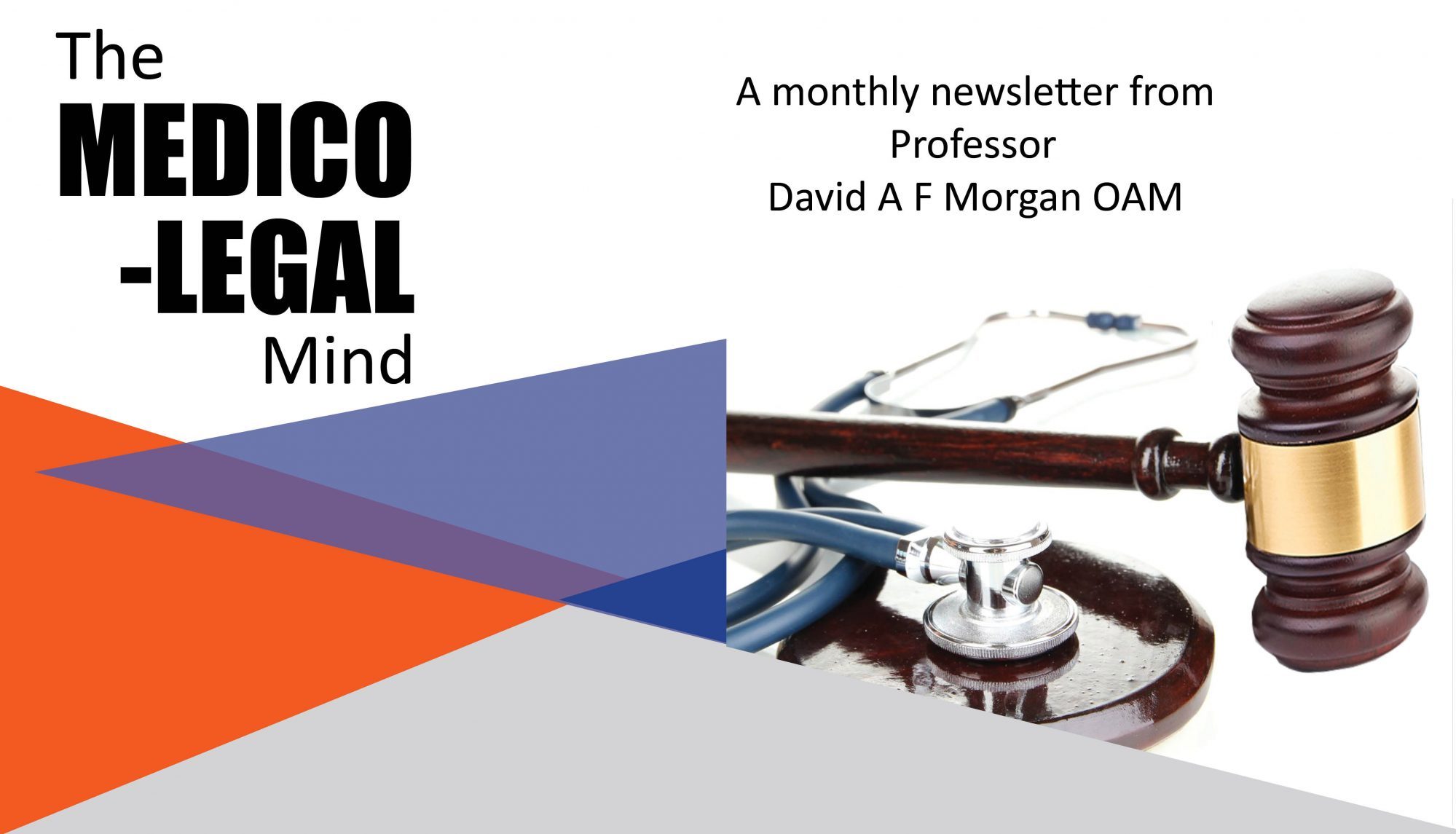LEAD ARTICLE – AUGUST 2020
Reputation
Stick with me here. It will display relevance at the end. Let’s talk about Individual A and his reputation.
The word “reputation” is frequently used or engaged in assessing a person’s performance, personality or integrity. It can be defined as:
The beliefs or opinions that are generally held about someone or something
…… or ……
A widespread belief that someone or something has a particular characteristic
Several side issues emerge:
1. The words “generally” and “widespread” indicate that more than the views of one, or two or even a few are necessary. Small groups or cliques are possibly insufficient. The accuracy of the reputation ascribed is directly proportional to the size of the corpus of opinion.

2. “Beliefs” or “opinions” can be based on fact or hearsay. Facts are best served by personal experience although even this test can be unreliable. The experience of the opinion holder will be flavoured by bias, misconceptions and subjectivity. These negative factors may exist unrecognised. The assumed facts may be based upon inaccurate interpretations of observations. Unless Individual A is offered an opportunity to explain, an erroneous impression may be retained. Inquisitive dialogue can help.
Hearsay is just that. It relies upon the honesty of the spruiker, in concert with his/her analytical prowess, ability to converse, and an important absence of vitriol or malintent. It is akin to rumour. Why would we bother gauging a reputation on it?

Well, there are several possible reasons. They include benign imperatives such as laziness, a lack of perceived importance and general disinterest. More malignant reasons include jealousy, insecurity, vindictiveness and vengefulness. This process has two (or more) participants. The first is the purveyor of the disinformation. The second is the ready receiver. Both are potentially culpable. When we gather a few, or even more, subscribers to the personal assassination of Individual A, folklore is in the making. The insidiousness can then seep down through generations.
3. Does it matter? It depends. Variables will include the seriousness of the matter being questioned, the depth of the inaccuracy, the adverse effect it might have on Individual A and the magnitude of the reach.

Reputational damage
Sometimes it is deserved, the criticisms are accurate and Individual A is obliged to accommodate the consequence.
Conversely, if it is unreasonable, unfair and born from negative emotions, it is not justified. The downstream effects on others are unjustified. Well-deserved gravitas is denied.
So, who decides?
This is the essence of the topic. Typically, those who are motivated most, make the loudest noise. The motivation is often accompanied by a desire for self-aggrandisement, along with traits of narcissism, righteousness and bigotry. Their core is unpleasant and vulnerable. Prior failures have scarred deeply.

Acquired influence is sometimes used inappropriately, unwisely and deceitfully. Eager followers are manipulated, coerced and misguided. A hunting pack mentality is created. It is manifested in simple gossip.
The solution?
Ha! There are several thoughts that spring forward. “Time is the great healer”. “Don’t get mad, get even”. Karma .. what goes ‘round comes ’round”.
None of those is satisfactory in itself. Even collectively I’m not satisfied.
Instead, leading by example, focusing on the good, maintaining perspective and just getting on with the short lives we all have is probably wisest.
Have you stuck with me?
If so, thank you. The relevance relates to medicolegal reporters, their opinions, and the deft handling of those opinions by others. It is healthy to have debate. Opposing views sometimes mean that one view-holder is incorrect. Getting it right is better than remaining wrong.

All can be handled properly with respectful acknowledgement of confluent assessments, and an exposé of the differences that might exist. Play the ball, and not the man.
Let the reputations be.
